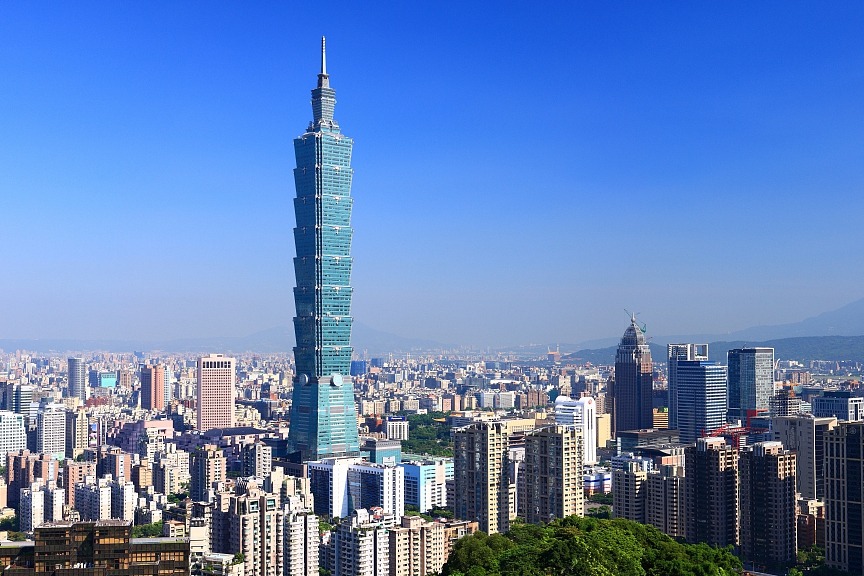Energy supply controls should not be at the cost of progress


The shortage of electricity in some regions of the country has reached such an extent that even industrial production and people's livelihoods are already impacted by it.
For instance, 14 cities in Liaoning province, a national heavy industry base in Northeast China, have started rationing the supply of electricity. Although the power suppliers were required to spare no effort to ensure the power supply to residential communities, hospitals, schools, telecommunications and public transport, some neighborhoods have had their electricity and water cut off, and even traffic signals and elevators have stopped working.
The power shortage originates from multiple causes. Some cities have taken the initiative to ration the power supply to fulfill the requirement to reduce carbon emissions, while the electricity generation capacity has also been reduced by the dramatic increase in coal price in recent months.
Due to the price hikes of coal and gas, and the comparatively low electricity price in the country, which is settled by the government, the power plants' profit margins have become smaller and smaller. Some of them have suspended production to check the fast rise in costs, as the more electricity they generate, the more economic losses they will have to sustain.
The elimination of backward coal production capacity and the decrease in coal imports have both driven up the price of coal. So either the price of electricity should be increased or coal production capacity or imports should be raised to ensure a stable electricity supply.
Although limiting coal consumption is in line with the requirements of green development, it should not be implemented in such a one-size-fits-all manner as the power shortage has already affected the economy and people's lives.
A moderate increase in electricity prices can be considered to promote energy conservation and efficiency, even if that will raise the operating costs of the economy. Reducing energy consumption does not necessarily mean reducing carbon emissions, and the carbon peak and carbon neutrality should not be achieved at the expense of economic growth.
Governments of various levels should give full consideration to the practical needs of enterprises, businesses and residents before limiting or cutting the power supply. They should not only care about whether they can fulfill the tasks of carbon emissions reduction themselves, which is incompatible with the requirements of high-quality development.
If the economy collapses under that pressure, there will be no development, green or otherwise.


































